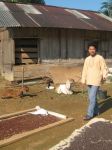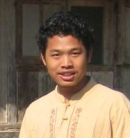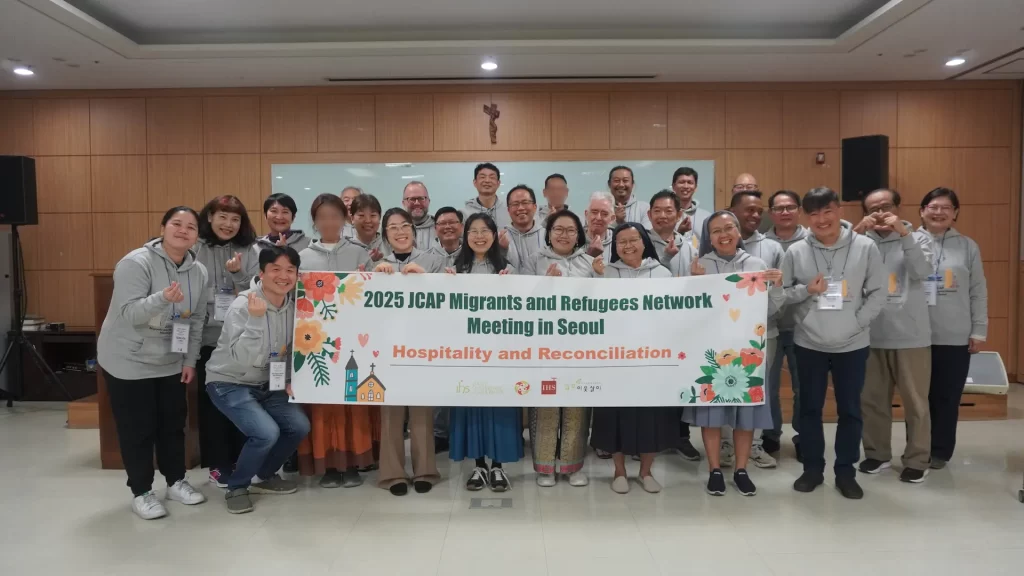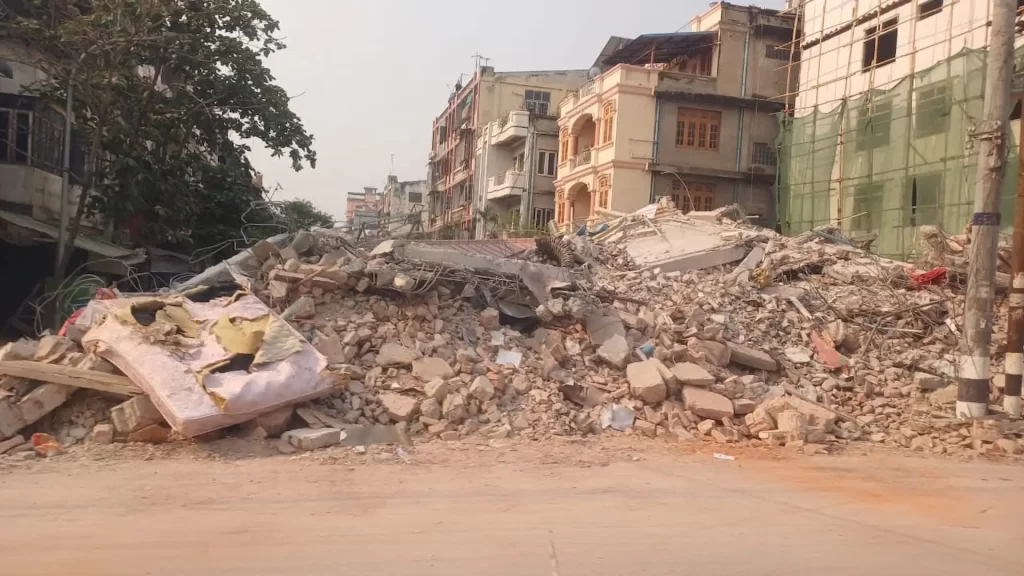
Our kind of understanding is superficial in that it remains as an idea. This Wonosobo experience to be with people on the land builds a new perspective of what ecology means as creation where we are present.As Pedro said, we need to make our mind and heart work together, but how? This week helped me put these two together. Before, I experienced things with the heart and I learn information for the head; I processed things separately. The topics we discussed here I know already; I have heard, read, and seen them on media. We worked on same materials but I see the result differently. Pedro made sense in getting us to “meet people in a community where you can point directly to the impact of their actions and see the struggle to draw out a livelihood that secures daily food and protection in difficult times show how there actions have to be in tune with the most basic movements of water on soil and how to select and treat plants. Here there is mutual respect. If that is lost as with the potato farming there are massive impacts beyond the lives of that particular community.” Now, I am able to see through the process of learning we had where my mind and heart go together and engage with life in Bogoran and Buntu.
This activity is very good for young Jesuits because during these days, we experience and not just read in our rooms. Jesuit formation happens in big cities, like us, we live in Jakarta. Being in the big city we have all the supplies readily available and other services that are beneficial and judged necessary to effectively access education. When here we feel, we hear, we see, we touch anew. In these experiences the fullness of the discussions of General Congregation 35 on mission ignites. We are not experts on ecology and environment but we now know and understand the process of how to relate with creation.
Personally, the week has been successful; I have been empowered and encouraged to understand. We were trained to follow Jesuit mission; finding God in the Broken World has been the running line in my mind. Everyday I hear news about landslides, floods, and other disasters and destructions around me and these have become ordinary for me. But after this experience, after I saw the experiences of the farmers, their sufferings, their problems with economics and the land, I became involved with the realities and happenings in the world. I try now to seek God in all these things. It is no longer strange for me to see or hear landslides, floods thus this led me to build new relation with creation.
This is just the beginning for us to gain or develop our skills on analytical thinking. I believe, this has been an inspiring experience for all of us. It brought a level of understanding not only about ecology but as well as on our spiritual values. We are used to starting to think about problems then analysing and discussing. Eventually, we get stuck with the problem and in the process we forget about our mission. The process we had this week is enriching in such a way that we learn to start from finding our place in God leading to discussions in the place and engagement with hope that eventually brings us back again to our relation in God that sustains our environment.







